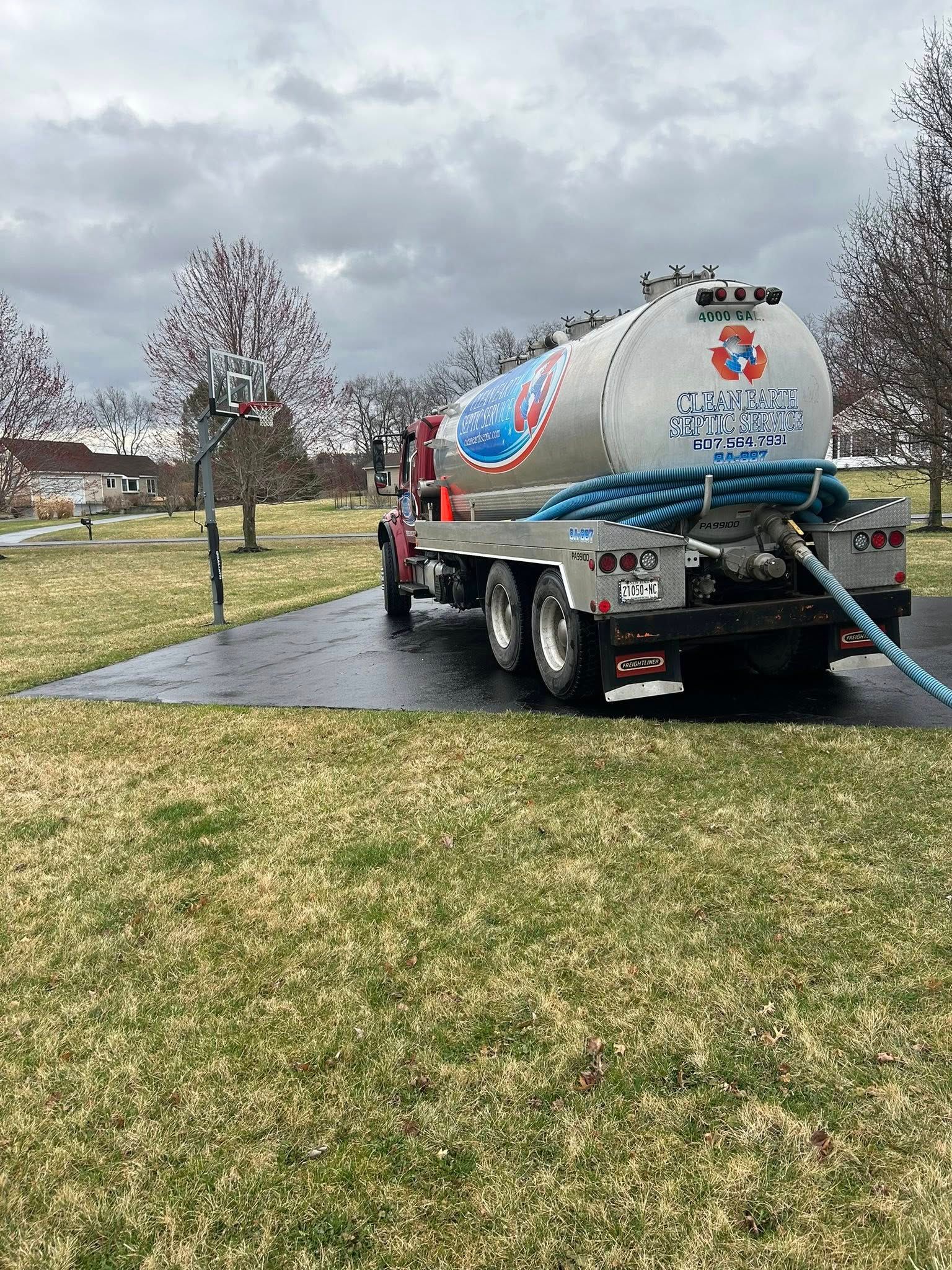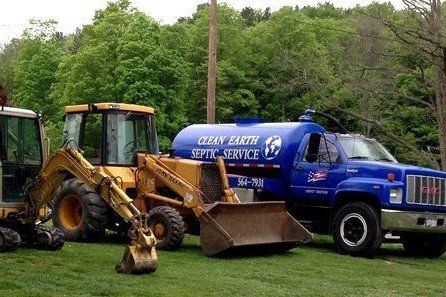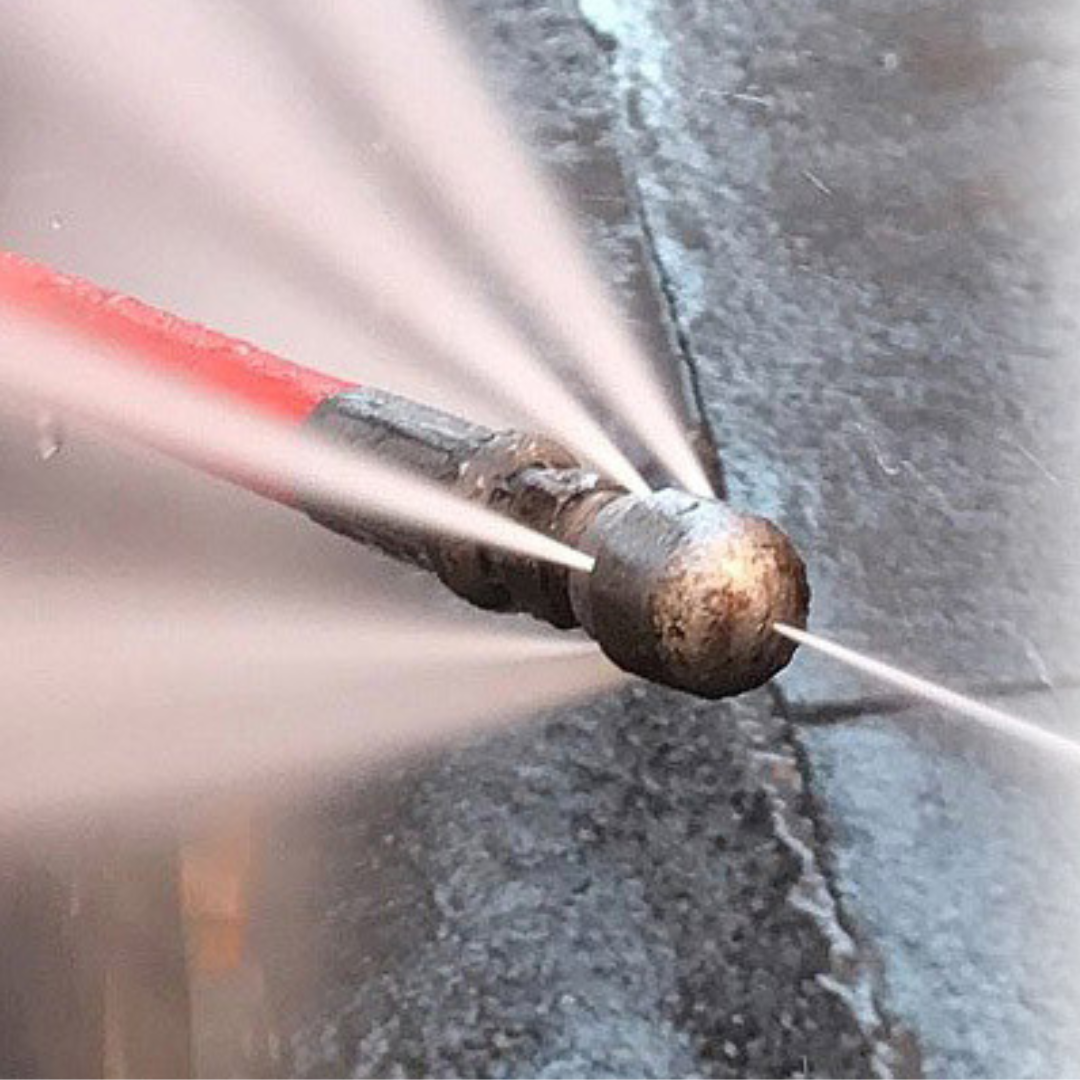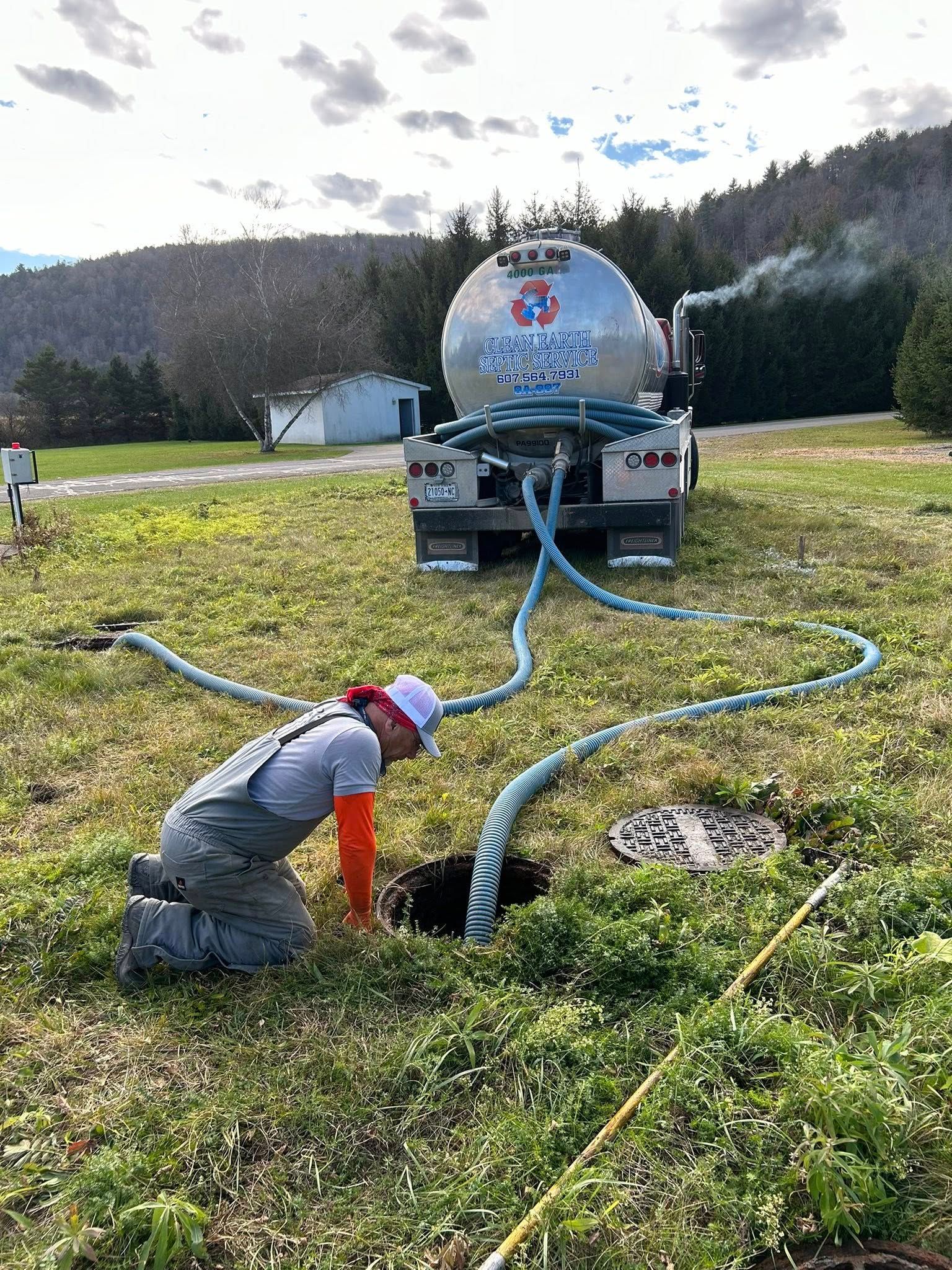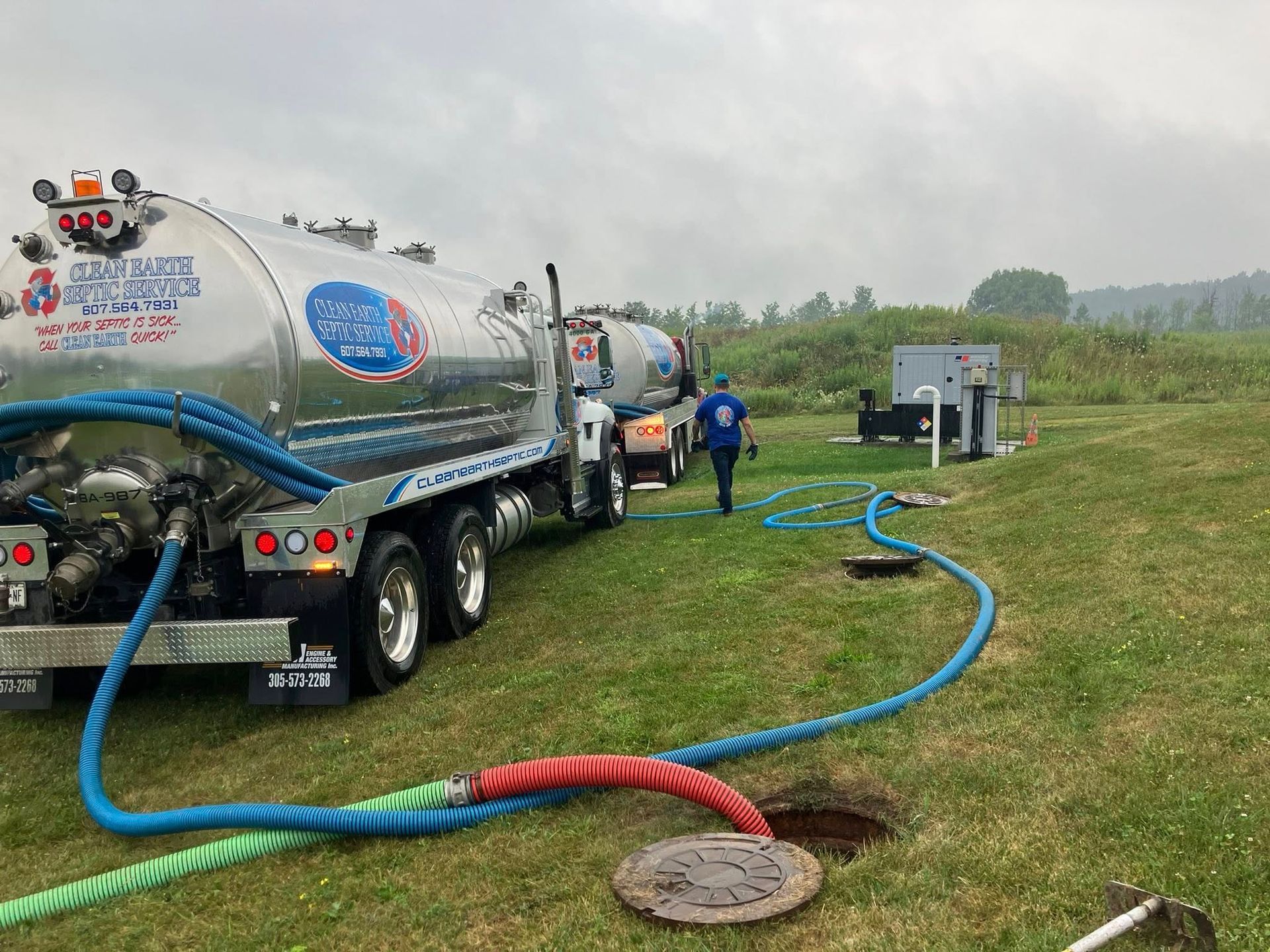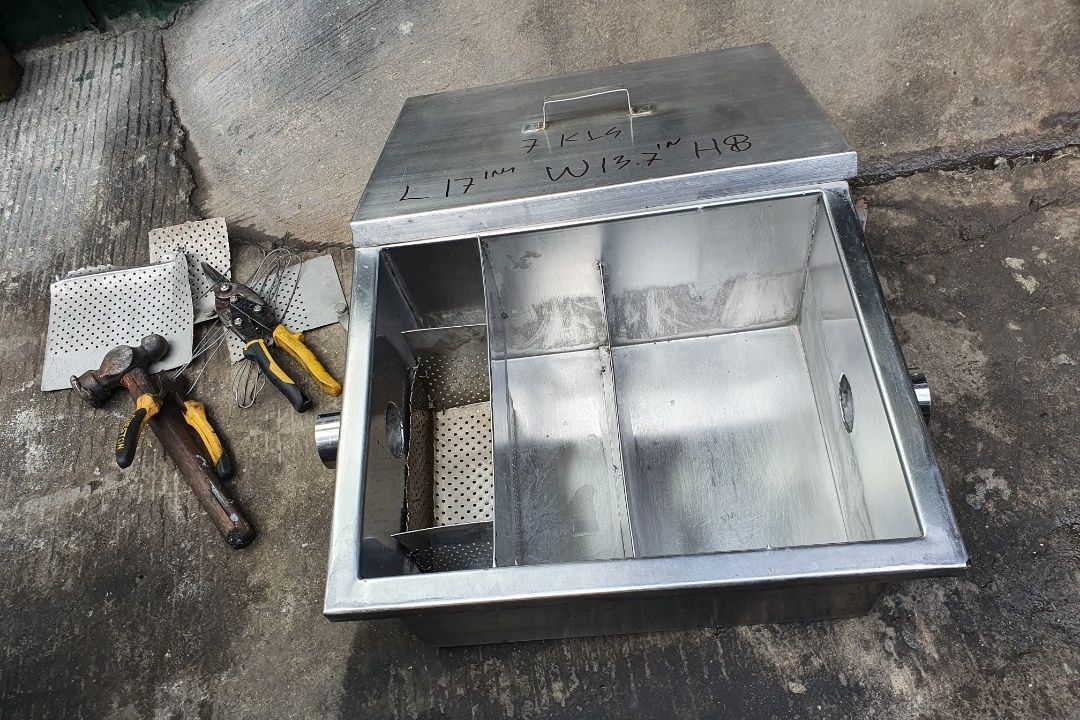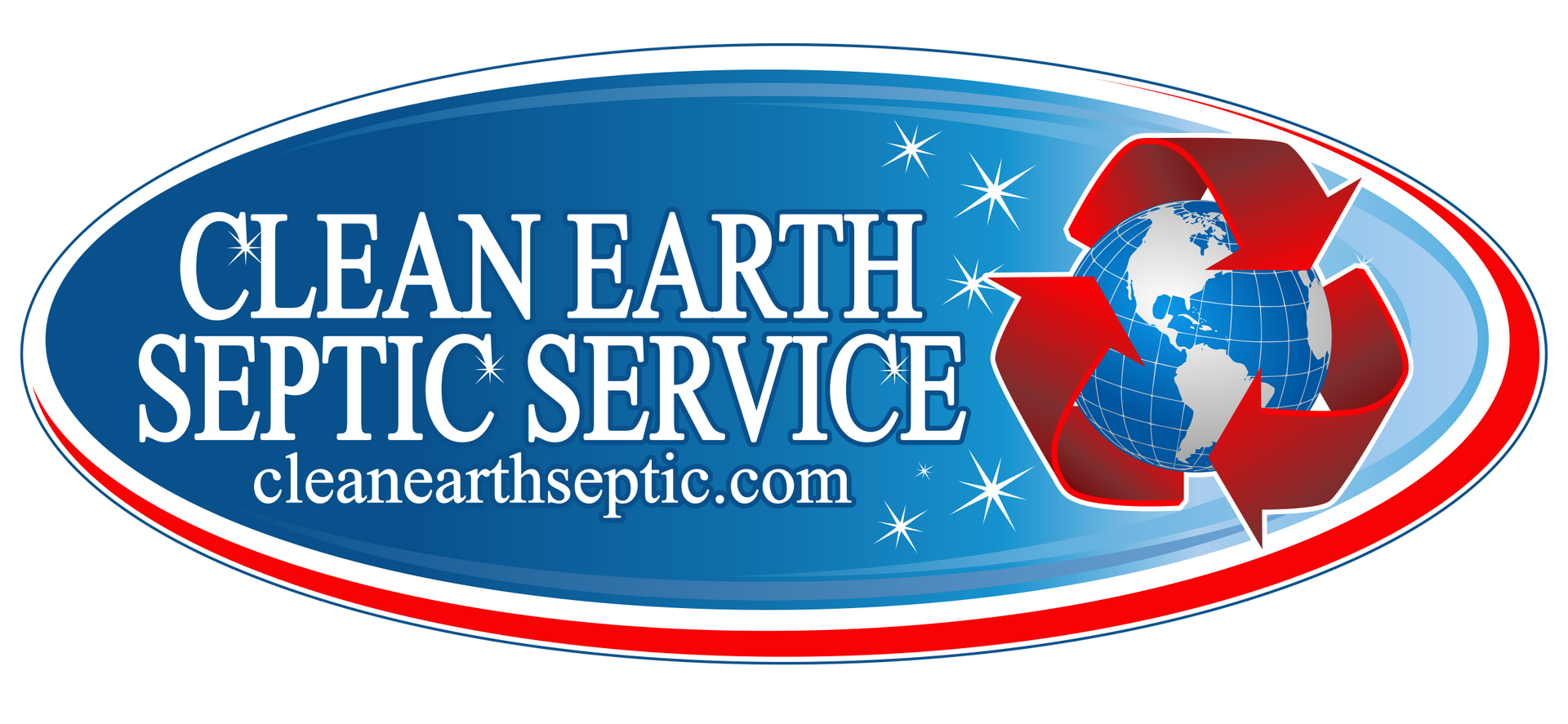How to Clean a Septic Tank – The Complete Homeowner’s Guide for Ithaca, NY & the Finger Lakes Region
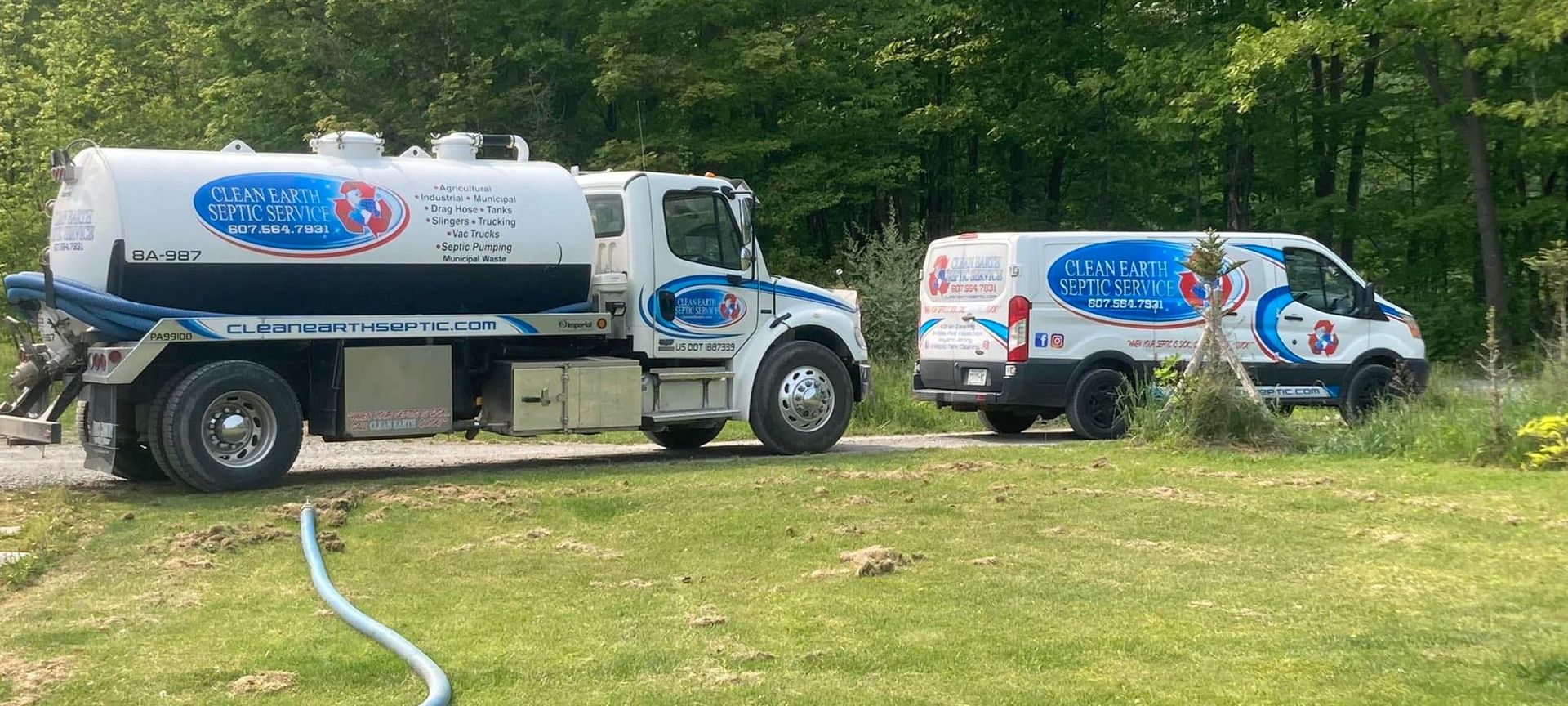
If you own a home in Ithaca, NY or anywhere in the Finger Lakes Region, you likely enjoy wide-open spaces, fresh air, and a quieter pace of life. But with those benefits often comes one very important responsibility: maintaining your septic system.
Your septic tank quietly works day in and day out to manage all of your household wastewater. And while it may be out of sight, it should never be out of mind. Without proper care, it can fail—causing backups, foul odors, costly repairs, and even environmental hazards.
This complete guide from Clean Earth Septic Services will walk you through everything you need to know about septic system care, from recognizing the signs of trouble to learning how to clean septic tank systems the right way.
Why Septic Tank Maintenance Is So Important
Think of your septic system as a private wastewater treatment plant. Every time you wash dishes, take a shower, or flush a toilet, water flows into the septic tank. Inside, solids settle to the bottom (sludge), oils float to the top (scum), and the liquid in between (effluent) flows into the drainfield for natural filtration.
When the sludge and scum build up too much, there’s less room for wastewater to settle. Eventually, solids can escape into the drainfield, clog pipes, or cause backups in your home. In the Finger Lakes Region, where many properties have older septic systems, these issues can escalate quickly if ignored.
Routine cleaning and inspections keep everything flowing smoothly, protecting your property value, your family’s health, and the local environment.
Understanding the Basics: How a Septic System Works
Before diving into how to clean septic tank systems, it’s helpful to understand what’s happening underground.
A typical septic system has three main parts:
- Septic Tank – An underground watertight container where solids settle and bacteria break down waste.
- Baffles – Barriers inside the tank that keep solids from flowing into the drainfield too soon.
- Drainfield – A network of perforated pipes that disperses treated effluent into the soil for natural filtration.
Healthy bacteria inside the tank digest most of the waste, but not all of it. Over time, solids build up, making regular pumping essential.
How to Tell When Your Septic Tank Is Full
Even with the best habits, your septic tank will eventually need cleaning. Watch for these early warning signs:
- Slow Drains – Sinks, tubs, and toilets take longer to empty.
- Gurgling Sounds – Bubbling noises from drains may mean wastewater is struggling to flow.
- Unpleasant Odors – Foul smells near the tank or drainfield are a red flag.
- Pooling Water – Puddles in the yard, especially during dry weather, can indicate drainfield overload.
- Backups – Sewage coming up through drains is a sure sign of urgent trouble.
If you notice these symptoms at your home in Ithaca, NY, schedule a professional inspection immediately.
How to Clean Septic Tank Systems: The Professional Process
Cleaning a septic tank is not a DIY project—it requires professional tools, safety equipment, and expertise. Here’s what happens during a professional septic tank cleaning with Clean Earth Septic Services:
- Locate and Access the Tank – We uncover the access lids or risers to reach the tank interior.
- Measure Sludge and Scum Levels – This helps determine how full the tank is.
- Pump Out the Contents – Using a high-powered vacuum truck, we remove all solids, sludge, and scum.
- Inspect the Tank – We check for cracks, leaks, and signs of wear.
- Check the Baffles – Ensuring these are intact and functioning properly.
- Secure the Covers – Keeping your tank sealed and safe.
For most homes in the Finger Lakes Region, septic tanks should be pumped every 3–5 years, but heavy use or smaller tanks may require more frequent service.
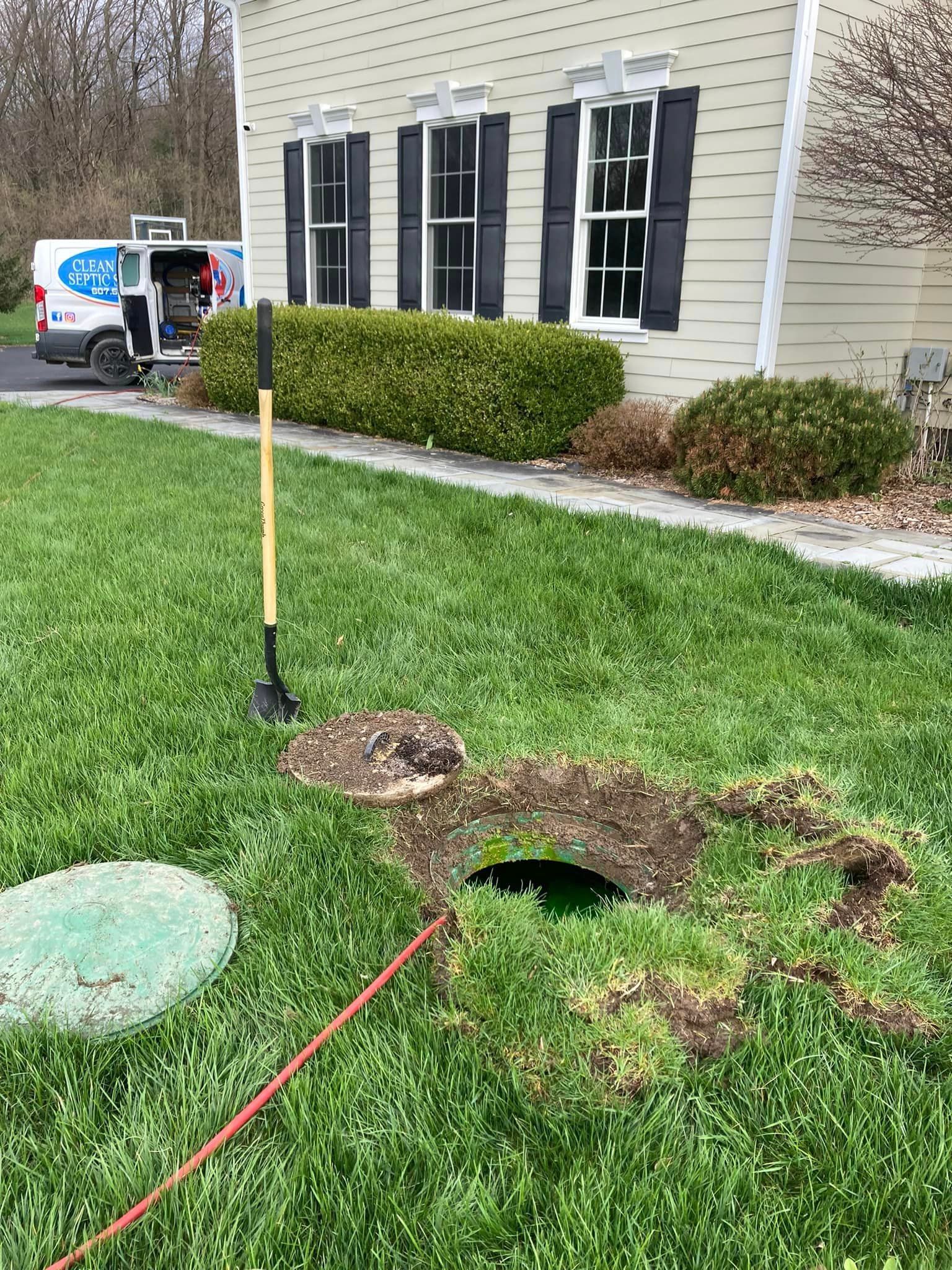
Preventive Maintenance Tips for Ithaca, NY Homeowners
Regular cleaning is essential, but your daily habits also play a big role in keeping your septic system healthy.
Be Careful What You Flush
Only flush human waste and septic-safe toilet paper. Avoid flushing wipes (even “flushable” ones), paper towels, feminine hygiene products, and other non-biodegradable items. Don't believe all the marketing - there is no such thing as a "flushable" wipe! Watch and see >>
Limit Grease and Oil
Grease and cooking oil can solidify in pipes, causing blockages and slowing drainage.
Avoid Harsh Chemicals
Chemical drain cleaners, bleach, and strong detergents can kill beneficial bacteria in your tank.
Space Out Water Usage
Running multiple appliances at once can overload your system. Spread out laundry loads and showers.
Keep the Drainfield Clear
Don’t park vehicles on it, plant trees nearby, or build over it. Roots and weight can damage pipes.
Common Septic Problems and How to Avoid Them
Even well-maintained systems can encounter problems. Here are a few of the most common issues we see in the Finger Lakes Region —and how to prevent them:
- Clogs in Pipes or Baffles – Usually from non-flushable items or grease buildup.
- Drainfield Failure – Often caused by flooding the system with too much water or neglecting pumping.
- Root Intrusion – Tree roots can grow into pipes and cause costly repairs.
- Tank Damage – Cracks from shifting soil or vehicle weight above the tank.
Preventive pumping and inspections catch most of these issues early—saving you money and hassle. To schedule septic pumping service in Ithaca, NY, contact us today!
Why Professional Septic Cleaning Is a Must
Some homeowners wonder if they can clean a septic tank themselves to save money. The short answer: No. Septic tanks contain harmful gases and bacteria, and improper cleaning can damage the system.
When you hire Clean Earth Septic Services, you get:
- Local knowledge of septic system types common in Ithaca, NY homes.
- Proper equipment for safe and thorough cleaning.
- Licensed and insured service for your peace of mind.
- Environmentally responsible waste disposal in compliance with New York state laws.
How Often Should You Clean a Septic Tank?
While the standard rule is every 3–5 years, your schedule may differ based on:
- Tank size – Smaller tanks fill faster.
- Household size – More people means more wastewater.
- Water usage habits – Frequent laundry, long showers, and dishwashing all add up.
During each service, we’ll recommend your ideal cleaning interval based on your system’s unique needs.
The Benefits of Staying on Schedule
- Prevents backups into your home.
- Extends the lifespan of your septic system.
- Protects property value by avoiding costly repairs.
- Supports environmental health by preventing untreated wastewater leaks.
Septic Tank Safety Tips
Because septic tanks contain dangerous gases, safety should always be a priority:
- Never enter a septic tank.
- Keep children and pets away from open access lids.
- Ventilate areas around the tank when open.
Leave cleaning, repairs, and inspections to trained professionals, like us!
Clean Earth Septic Services: Your Local Septic Experts
Whether you live in downtown Ithaca, NY or on a rural property in the Finger Lakes Region, septic maintenance is not something you want to leave to chance.
At Clean Earth Septic Services, we offer:
- Septic tank pumping and cleaning
- Inspections and troubleshooting
- Drainfield evaluations
- Emergency service when you need it most
We’re a family-owned and operated business that takes pride in providing honest, reliable, and environmentally safe septic services to our neighbors.
Let's Recap...
If you’ve been wondering how to clean septic tank systems safely, the answer is simple: trust a professional. By combining expert pumping with smart daily habits, you can keep your septic system running smoothly for decades.
Don’t wait for slow drains or foul odors to tell you it’s time—book your cleaning on a regular schedule and enjoy the peace of mind that comes with a healthy, efficient septic system.
Ready to schedule your septic tank cleaning in Ithaca, NY or anywhere in the Finger Lakes Region?
Call Clean Earth Septic Services today to set up your appointment.
Learn More About
Share this post!
You might also like these helpful articles!
